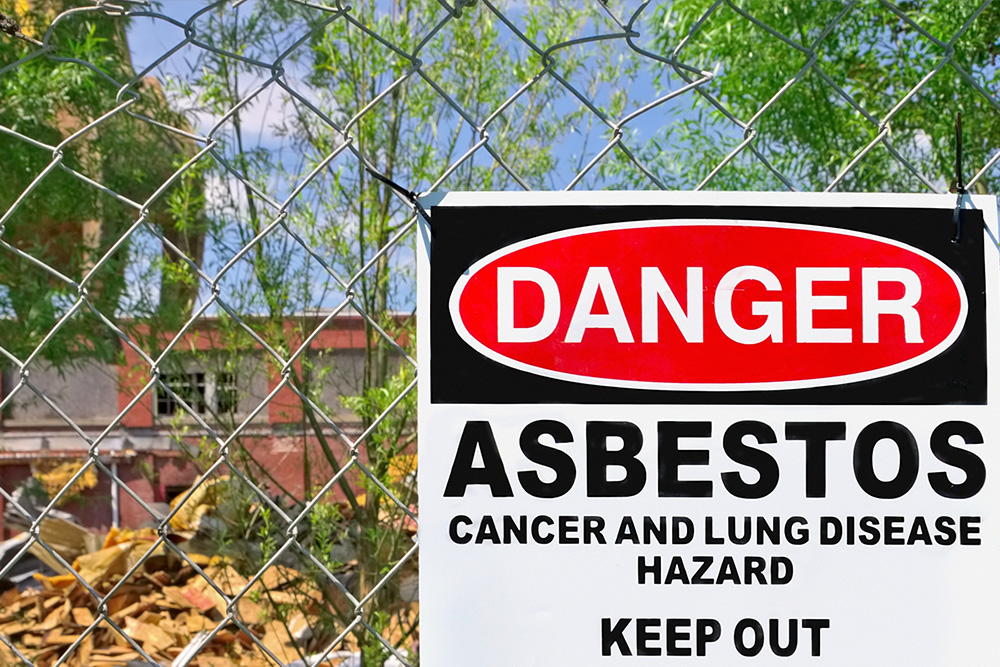As the use of dangerous pesticides continues, a potential bill is in the works to increase protection for the public.
The Hawai‘i state House unanimously voted to pass a bill that would establish regulations on users of restricted-use pesticides. Specifically, Senate Bill 3095 would create usage, reporting, and location requirements for agricultural businesses that utilize 35 or more pounds or gallons of restricted-use pesticides in a year. The bill includes the following proposals:
- Restricted-use pesticide users must report the substance used, the amount, and location
- A buffer zone within 100 feet of school properties
- A complete ban on all pesticides that contain chlorpyrifos
The Dangers in Chlorpyrifos
Chlorpyrifos is a chemical component of pesticides that is widely used in commercial farming because it is inexpensive to make. Pesticides that contain neurotoxins such as chlorpyrifos are known to cause birth defects in unborn children when their parents are exposed. As such, hundreds of Hawai‘ian residents wrote to the state House to voice their support for the bill in a copied form letter stating, “we need mandatory disclosure and notification, along with pilot programs for buffer zones and drift studies around schools,” according to a report by the Hawai‘i Tribune-Herald.
The letter signed by residents states that “additional studies on pesticide drift are meaningless without knowledge of what pesticides were and are being applied.” This only goes to amplify the importance of full disclosure regarding the pesticides sprayed. When the wind blows these toxic pesticides, people nearby are in danger of direct exposure. Furthermore, the American Academy of Pediatrics states that there is evidence of an association between early exposure to pesticides and a number of adverse effects, including cancers, as well as decreased cognitive function and birth defects.
What is Galiher DeRobertis & Waxman doing to Help?
Galiher DeRobertis & Waxman is committed to fighting for families with pesticide-related birth defects. While we are not doctors, our lawyers work with highly-qualified scientific and medical professionals to determine if a reported birth defect is related to a parent’s exposure to pesticides. Our lawyers are experienced in successfully representing families injured by defective products, harmful pesticides, and corporate negligence. We provide free initial consultations and will meet with you to evaluate your claim with no obligation on your part. If your child has pesticide-related birth defects, he or she may have a claim against the company responsible for that pesticide exposure. Please get in touch with us for a free case evaluation at 1-866-998-TOXIC (6942) and learn more about your legal options. Our team will begin working immediately and aggressively to obtain the best result for your case.



